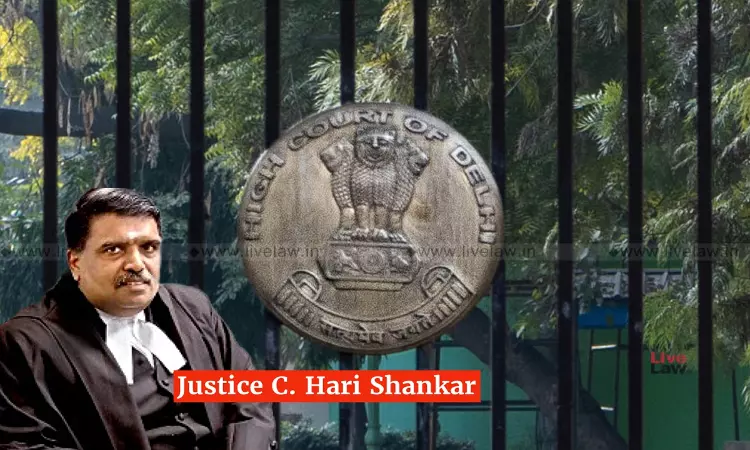The Delhi High Court bench of Justice C. Hari Shankar has held that once an Arbitral Tribunal is in place, ordinarily a court should refrain from dealing with the matter even for the purposes of passing interlocutory orders unless the order is demonstrably one which cannot await the application of mind by the Arbitral Tribunal. The bench held that: “. If party is able to convince...

